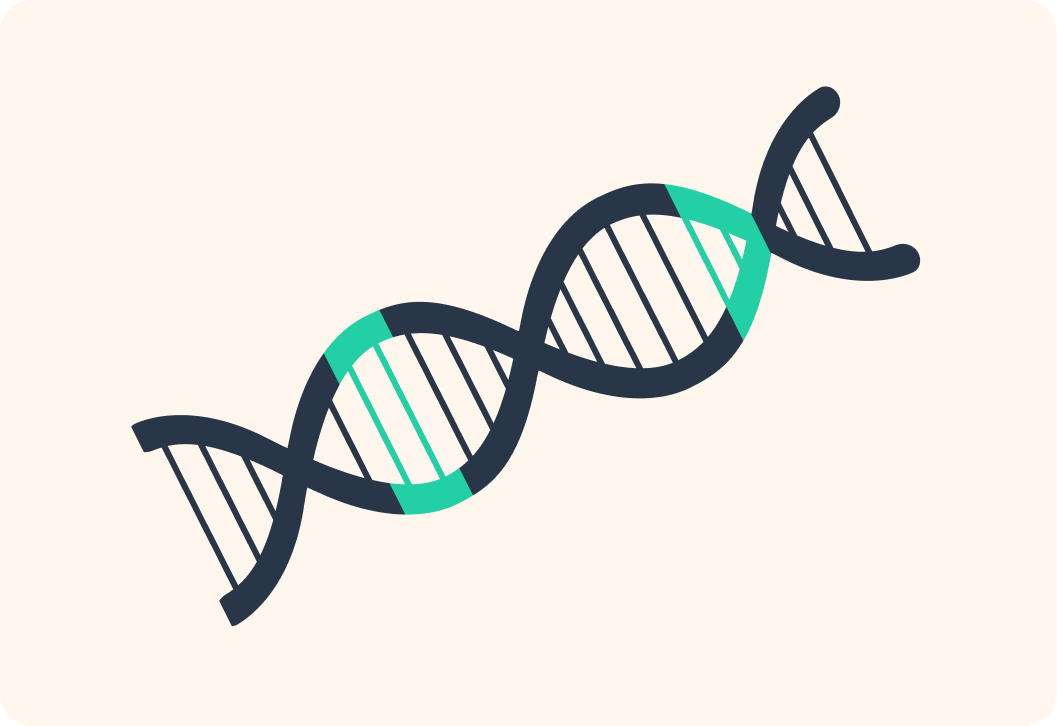YOU ARE LEARNING:
Quantity of Protein

Quantity of Protein
Variations in non-coding sections of DNA can alter the expression of coding sections of DNA, known as genes. This can in turn affect the phenotype of an organism.
Although we learn a lot about genes coding for proteins, large parts of our DNA don’t code for genes or make proteins. What do you think these regions are called?

Scientists used to think that all non-coding DNA was useless, but that is not the case! Some of the non-coding sections of your DNA are in fact extremely important, because they essentially control genes. You don’t need all your genes at every stage in your life, and that is what some parts of the non-coding regions in our DNA help to control.
Because scientists thought the non-coding regions of DNA wasn't used for anything, they gave it a very unflattering name, which is sometimes still used today. What do you think it is?

Nowadays, we know that some non-coding DNA regions help control our genes. What do you think that actually means?

What percent of our DNA do you think is coding and non-coding?

Which sections do you think are non-coding DNA?
A) Green B) Black


We can take the gene that makes the enzyme lactase as an example of a gene that can be turned off. Lactase is important for the digestion of dairy sugar, called lactose. When babies no longer rely on breast milk for their food source, this gene is turned off. Therefore, many adults have lost the ability to efficiently digest dairy.
What do you think we call it when genes get "turned on" and the proteins they code for get produced?

Mutations can occur in non-coding regions as well as coding regions. Mutations in coding DNA can alter a gene. What do you think mutations do in non-coding DNA?

Mutations in non-coding DNA can affect the binding of an enzyme called RNA polymerase. Do you remember what process RNA polymerase is used in?

Remember that during protein synthesis, RNA polymerase binds to a non-coding region before the gene that is meant to be copied during transcription. So if there are mutations in the non-coding region, this could affect the binding of RNA polymerase. If the binding of the RNA polymerase isn't successful, it will affect whether the gene will be successfully turned on - or "expressed".
What do you think mutations in the non-coding region could cause? Select all the options you think are correct.

You can select multiple answers
Which one of these statements is correct?

